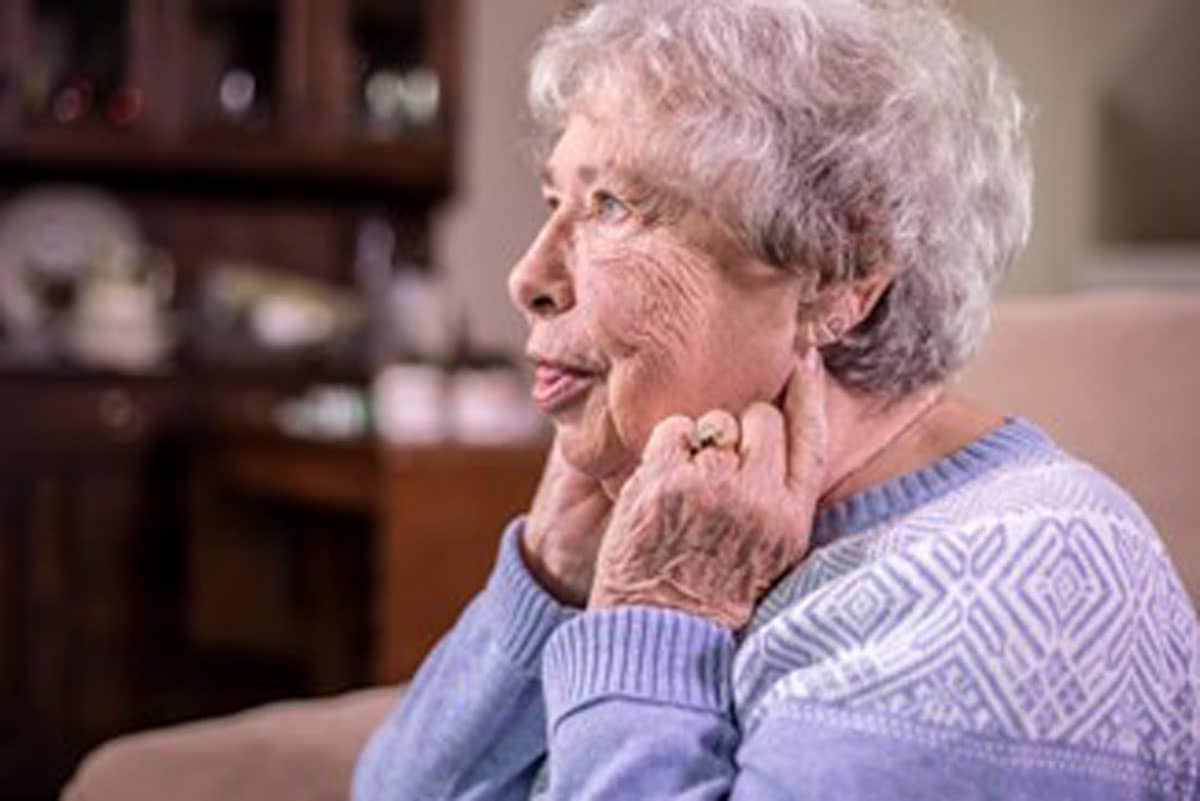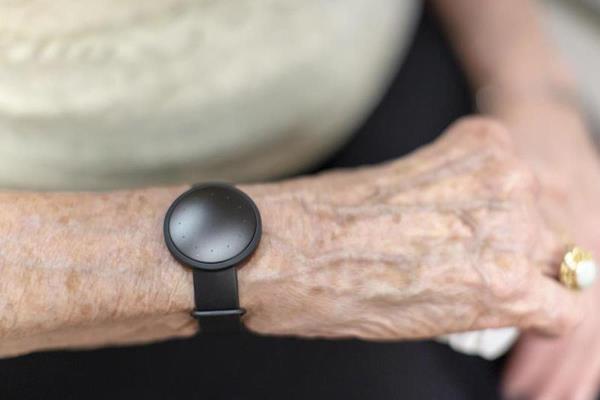The Importance of the Five Senses for Older Adults
85% of older adults live with at least one form of sensory loss, according to a survey by Home Instead1 . This can lead to feelings of isolation, depression and diminished quality of life, and these debilitating effects have been felt more acutely as the pandemic has further reduced older adults’ ability to fully interact with the world around them.
While remarkably common, the world is not designed to accommodate those living with challenges like impaired vision, hearing and mobility.
Each of the five senses plays a role in keeping us connected to the world around us. When they are weakened, it can become difficult and frightening to navigate an environment that is not designed to accommodate impaired vision, hearing, mobility and more.
According to a recent study2 by Home Instead, one in three older adults (~33%) feel more comfortable using new technology than they did one year ago. But that technology may not work for seniors with failing eyesight or hearing. For them, isolation remains a threat.
Now more than ever, it is important for family members, caregivers and the community to be mindful of the signs of sensory loss and take proactive steps to ensure these individuals feel embraced and engaged.
9 Ways to Help Maintain Healthy Senses
It may not be possible to reverse or prevent all the effects of aging but saving the senses and managing the effects of sensory loss for older adults could be within reach. Below are a few effective ways to prevent or improve your senses of sight, sound, smell, taste and touch, and stay mobile:
- Find doctors and specialists you trust. Regular check-ups become more important as we age. Staying on top of symptoms with a general practitioner or geriatrician can help pinpoint important changes in sensory loss.
- Eat like your life depends on it. A poor diet can jeopardize health and contribute to a decline in senses. For e.g., a diet lacking antioxidant vitamins or too much junk food has been linked to cataracts and macular degeneration.
- Stop smoking . . . and other hazardous habits. In addition to being bad for your health, your senses benefit from giving up the smoking habit. Smoking has been linked to loss of all of the senses and smoking and drinking could wreak havoc on taste buds.
- Celebrate the sun safely. The sun provides important Vitamin D that can boost our health, but did you know that lifelong exposure to the sun could cause cataracts. Wear sunglasses to protect eyes from the sun’s harmful rays.
- Turn down the volume. Seniors and Boomers grew up with 60s and 70s rock and roll music. If you don’t want to have to turn up the volume as you get older, crank it down now and avoid other loud noises. Take a break from loud noises every 15 minutes and minimize the risk of hearing damage by wearing ear plugs.
- Exercise your sense of smell. Smell begins to deteriorate for older adults, especially after the age of 70, experts say. Some experts believe training can help improve sense of smell. One idea is to smell four to six distinctly different odors such as cloves, roses, lemon and eucalyptus each day over a period of several weeks.
- Keep moving. Exercise has been called the fountain of youth, helping to keep the heart strong, improve blood flow and manage conditions such as arthritis. As per experts, exercise also could improve sight by helping increase blood flow to the eyes.
- Protect your head and sinuses. Head injuries and sinus infections are leading causes of smell decline, which could also lead to problems with taste. So, it’s important to prevent them as much as possible and treat them promptly if they do occur, says Alan Hirsch, M.D., Neurological Director of the Smell & Taste Treatment Foundation in Chicago.
- Get help when you need it. Consider engaging the services of a professional caregiver to help mitigate the impact of sensory loss. A regular routine of home support visits could provide the necessary stimulation to older adults who are suffering from loss of sight, sound, taste, smell and touch, and enhance their independence for longer.
For more information on sensory loss, or if a loved one with sensory loss could benefit from care, contact the experts at Home Instead – available 24/7!
Call Today (604) 432-1139
1 Home Instead, Inc., franchisor of the Home Instead network, fielded an online survey of 1,016 American and 1,000 Canadian seniors aged 65 and older. The survey was fielded between Jan 30 and Feb 13, 2020.
2 Home Instead, Inc., franchisor of the Home Instead network, fielded an online survey of 1,000 Canadian seniors aged 65 and older, including 495 ages 75 and older. The survey was fielded between Feb 9 and 16, 2021.



